Article: Magnesium - The Mighty Mineral
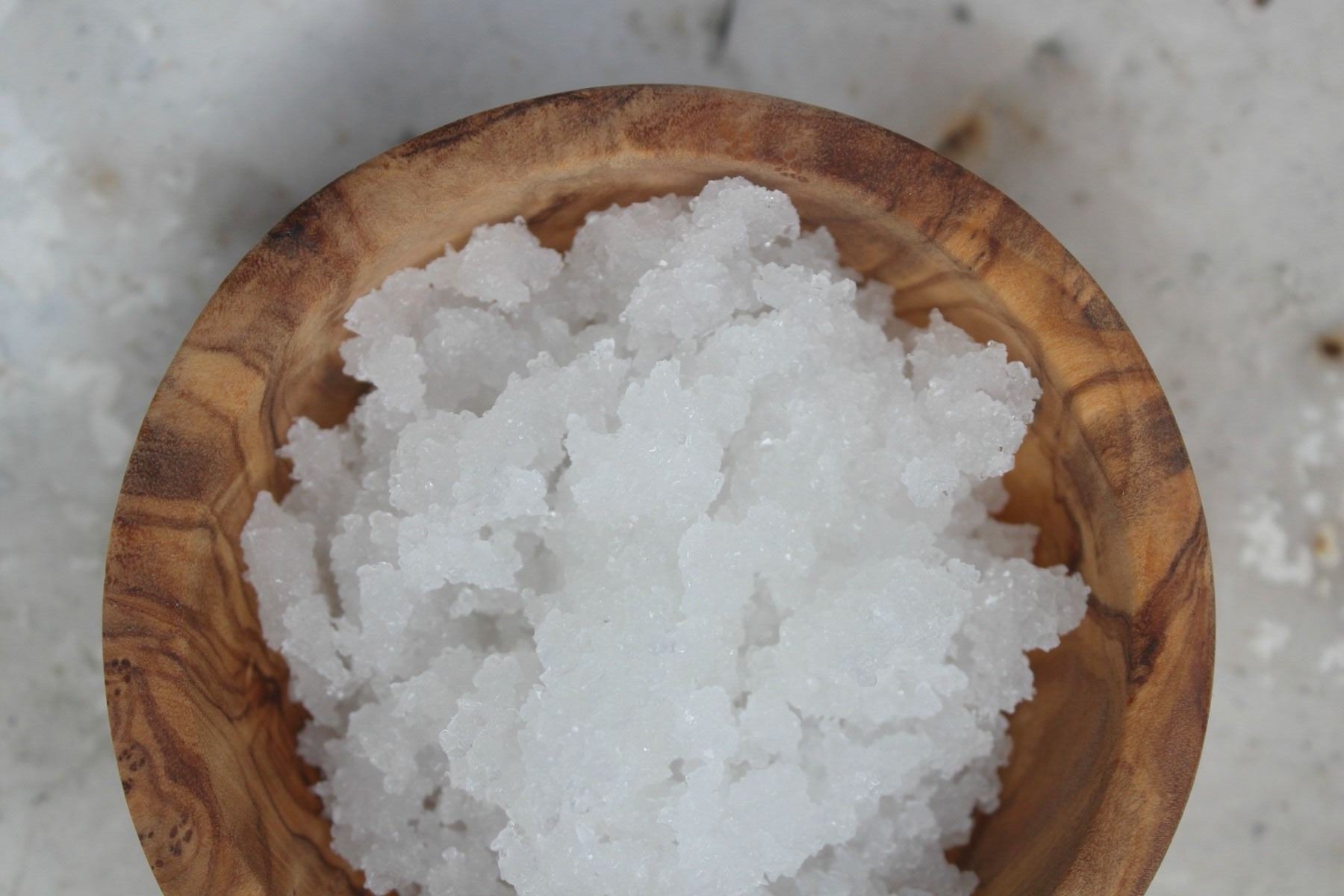
Magnesium - The Mighty Mineral
Magnesium is more than just a mineral — it’s a mighty multitasker vital for mental well-being, muscle relaxation, heart rhythm, and so much more. If you ever feel anxious, fatigued, crampy, sleepless or just ‘off’ then you might be running low on this mineral. To understand how important magnesium is and the best way to support your body with this mineral, it is vital to learn more about the different types of magnesium, its roles and absorption capabilities. Lets look at some fast facts first!

Fast Facts
Magnesium is needed for some very important jobs, including:
- Muscle relaxation
- Protein and fat metabolism
- Energy production (vital for ATP synthesis)
- The support of over 300 enzyme systems
- Electrolyte balance and hydration
- Cardiovascular and heart health
- Nervous system support– key component of most neurotransmitters
- Stress relief and great mood
- Regulation of calcium, potassium, sodium and Vitamin D levels
- Sleep and so much more…
What are the Signs of a Deficiency?
If you think you may be low in magnesium, look out for the following signs of a deficiency. This includes:
- Muscle cramping or twitching
- Tremors
- Seizures
- Brain fog
- Poor concentration
- Muscle weakness
- Bone pain
- High blood pressure
- Insulin resistance
- Extreme fatigue
- Insomnia – inability to fall asleep or lots of waking periods
- Anxiety, irritability, or depression
- Heart irregularities or palpitations
- Headaches and migraines
- Poor coordination, numbness, or tingling
- Menstrual cramps, PMS symptoms
- Digestive cramps
- Slow bowel motility or constipation
- Sensitivity to noise and so much more…
What Causes a Magnesium Deficiency?
Despite its importance, magnesium deficiency is more common than many people realize. There are so many dietary, lifestyle and environmental factors that affect its absorption and increase its excretion, including:
- Eating a poor diet (devoid of nuts, seeds, and green leafy vegetables)
- Alcohol abuse
-
Medications like diuretics, PPI’s, the oral contraceptive pill and antibiotics
- Digestive disorders like IBS, Crohn’s and Celiac disease
- Diabetes or insulin resistance
- Chronic stress
- Drinking too much caffeine or coffee
- Excessive sweating
- Aging (absorption efficiency decreases)
- Genetic factors may require higher absorption ie. COMT, Vitamin D genes
What are the Best Foods Sources of Magnesium
Magnesium is found abundantly in whole, plant-based foods – of course, this is highly dependent on the soil in which it is grown. The most magnesium-rich options include:
|
Type of Food |
Food |
|
Plant Based |
Pumpkin Seeds, Chia, Seeds, Almonds, Spinach, Cashews, Black beans, Edaname, Avocado, Cacao, Swiss Chard, Kale, Broccoli, parsnips, celery |
|
Whole Grains |
Quinoa, Brown Rice, Oats, Lentils, Whole Wheat Bread, |
|
Animal Products – lower than plant based |
Wild Salmon, Chicken Breast, Organic Milk, Yoghurt |
|
Sea Vegetables |
Kelp, Nori, Wakame
|
|
Fruits |
Avocado, Figs, Dried Apricots |

What Conditions Benefit from Magnesium Supplementation?
- Anxiety – Can benefit anyone with stress-induced anxiety
- Depression – Many studies highlight its benefit in uplifting the mood
- Insomnia – Helps with making important neurotransmitters to benefit sleep
- Heart Arrythmias – A deficiency can drive heart irregularities including arrythmias
- High Blood pressure – Supports healthy blood pressure levels
- Metabolic Syndrome – Magnesium supports healthy glucose, cholesterol and blood pressure
- Muscle cramps and spasms – Particularly in pregnant women, athletes and the elderly
- Constipation – magnesium citrate or oxide draws water into the colon flushing the bowels
- Osteoporosis – Essential for calcium metabolism
- PMS & menstrual pain – May reduce symptoms of bloating, cramps, mood swings
- Migraines and Headaches – May reduce frequency and intensity
- Asthma & COPD – Dilates bronchial muscles to improve breawthing
- Fibromyalgia & Chronic Fatigue – Combined with malic acid may reduce pain and fatigue
- Type 2 Diabetes – Needed for healthy glucose metabolism
- PCOS – Helps with insulin resistance and inflammation
What is the best type of magnesium to take?
Better absorbed forms:
Magnesium Glycinate
This is best for anxiety, sleep, relaxation and muscle recovery. It is gentle on the stomach and does not normally cause diarrhea.
Magnesium Citrate
This is the best for general supplementation, muscle cramps and constipation. It is good for digestion, but it can cause loose bowels.
Magnesium Oxide
This is used for constipation as it draws water into the colon to give it a bowel flush. It contains a high bioavailability of magnesium, with a very poor absorption.
Magnesium L-Threonate
This is the best form of magnesium to use for cognitive function, brain fog, focus and memory. It can cross the blood-brain-barrier enhancing learning, mental sharpness and age-related cognitive decline.
Magnesium Malate
This is the best form to use with fatigue, fibromyalgia and muscle pain as malic acid is used for energy production within the cells.
Magnesium Taurate
This is the best form of magnesium to use with cardiovascular problems, heart health and the nervous system. When magnesium is combined with taurine it helps with blood pressure, palpitations, anxiety and heart rhythm
Magnesium Chloride
This is often used topically and can be applied to the skin via magnesium oils or sprays. It can aid muscle soreness and body detoxfication.
Magnesium Sulphate
Also known as Epsom salts, this is used for sore muscles, muscle cramps and detoxification in a bath.
When & How to Take Magnesium
- Best taken between meals or before bed
- Split doses (3–6 times per day) can help improve absorption and avoid side effects
- Take with B6 — Vitamin B6 helps magnesium enter cells
- Absorption is highest in the lower small intestine and colon
🧪 Tip: Acidic stomach environments support magnesium absorption. Low stomach acid, stress, or poor gut health may impair it.
My Wholistic House Picks
Mag Power – Magnesium Glycinate 400 mg capsule
Liposomal Magnesium – Magnesium Glycinate 400 mg per teaspoon
Colonic in a Bottle – Magnesium Oxide
In health and love,

Referenced products
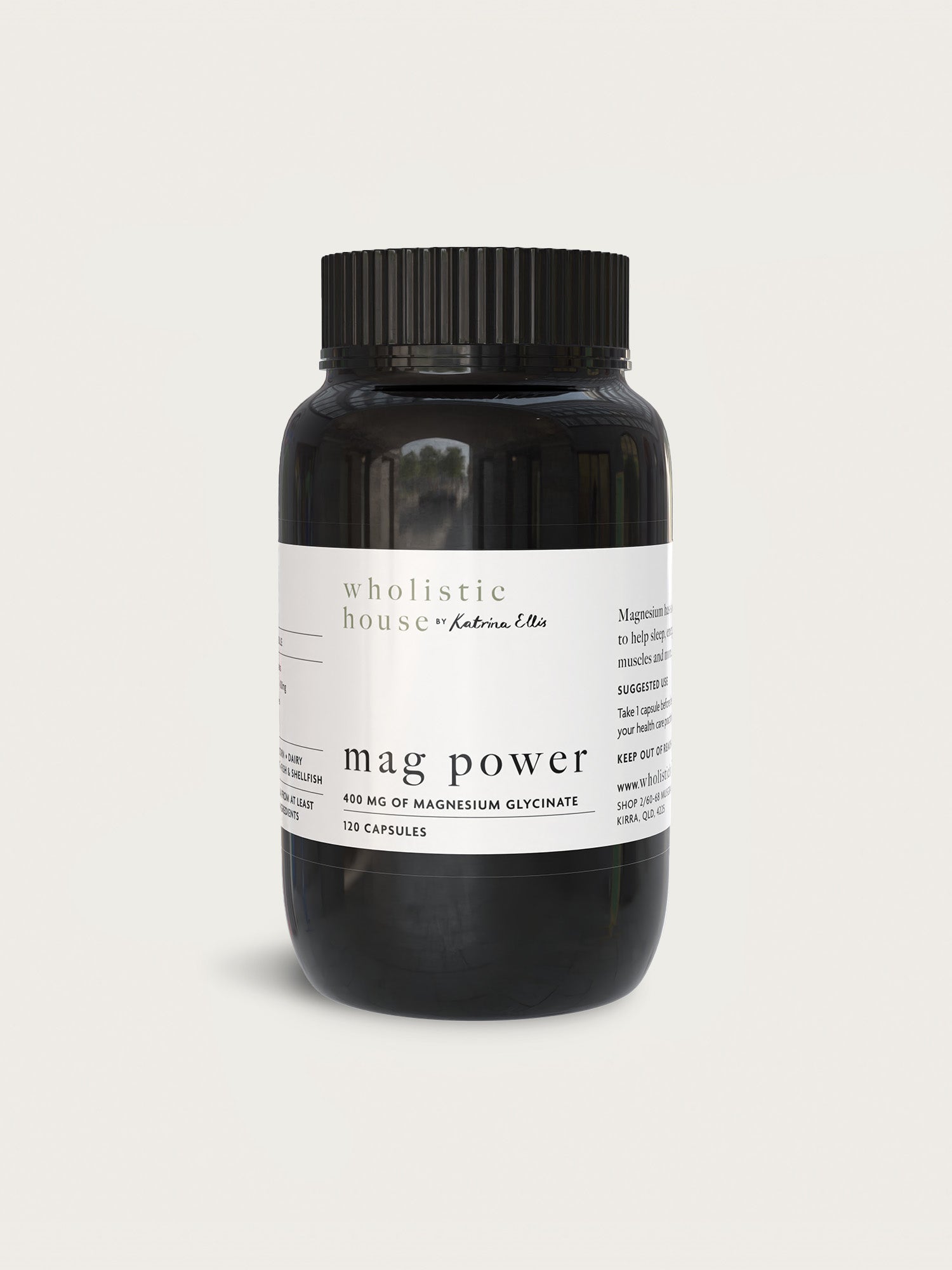
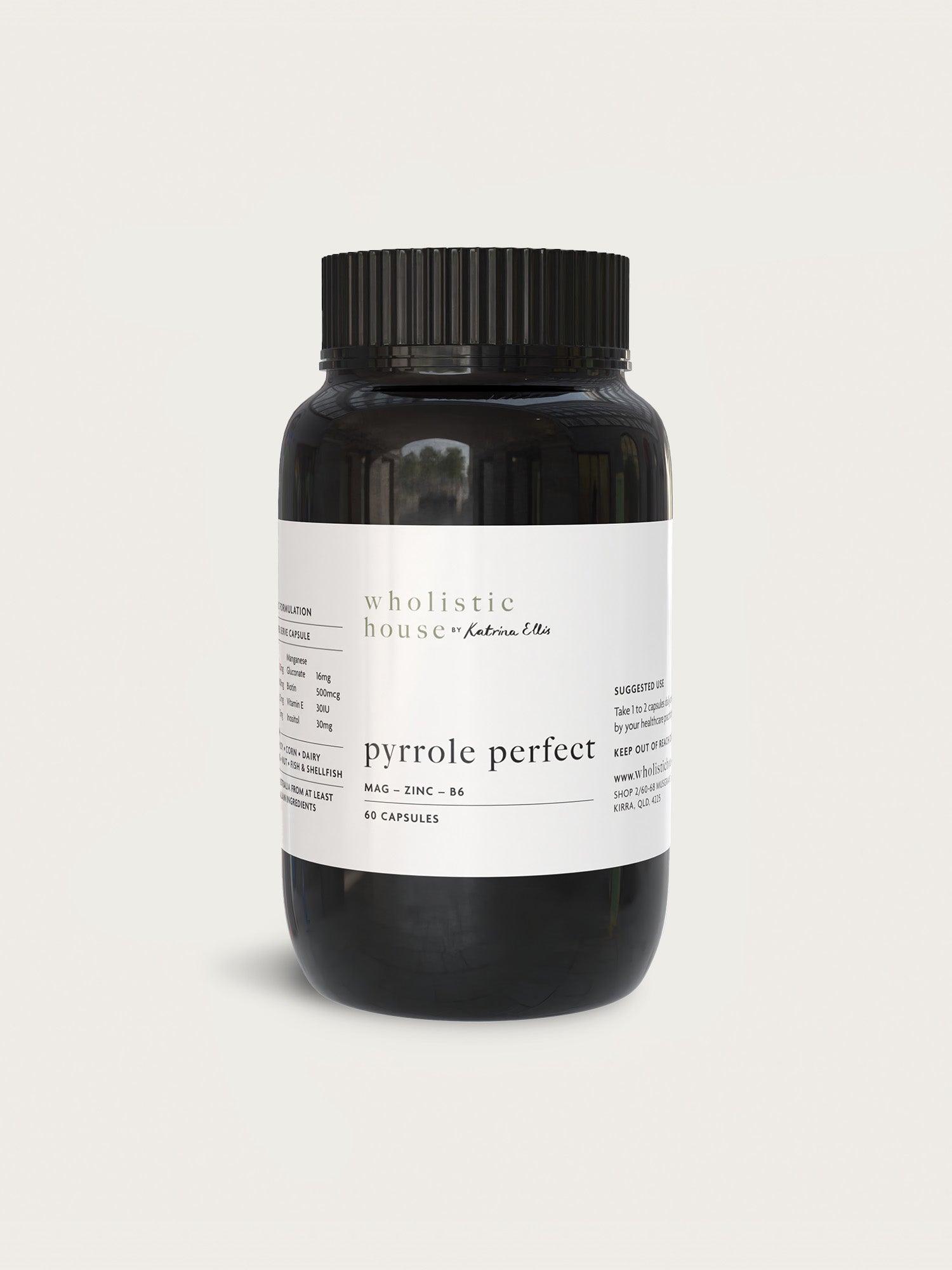

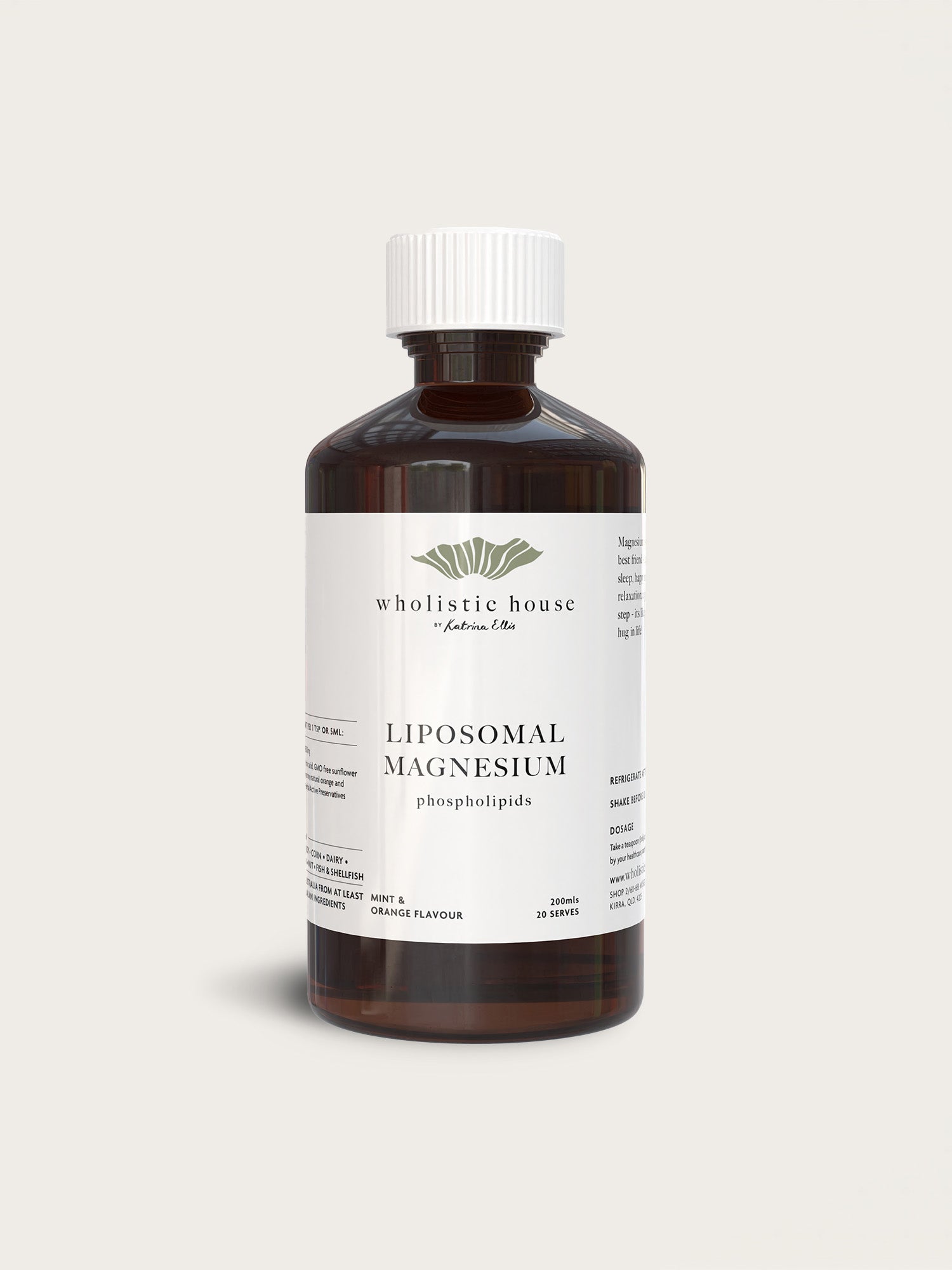
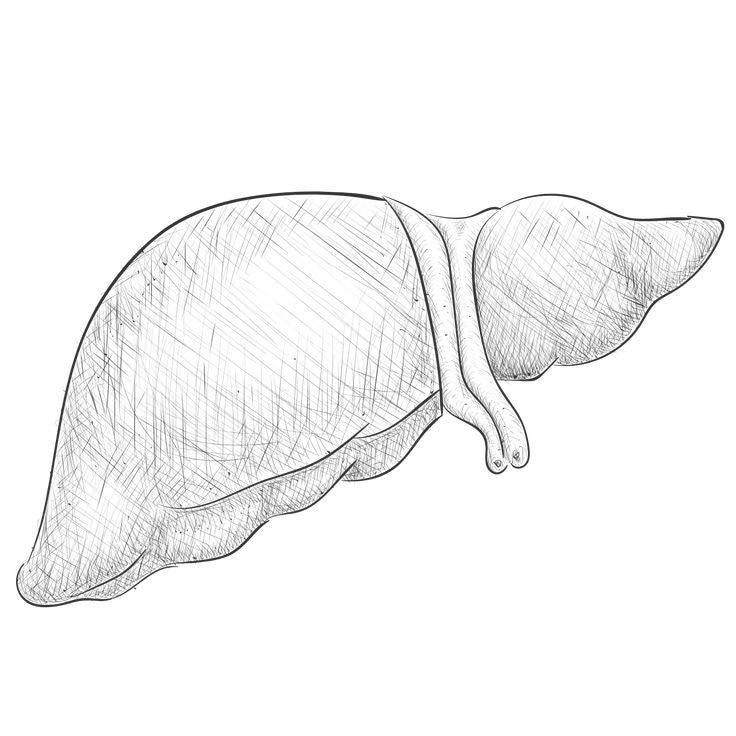
Leave a comment
This site is protected by hCaptcha and the hCaptcha Privacy Policy and Terms of Service apply.
All comments are moderated before being published.